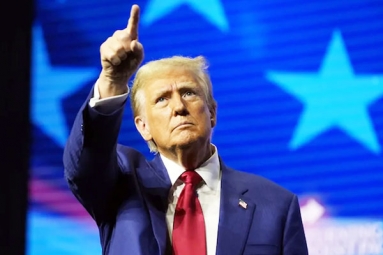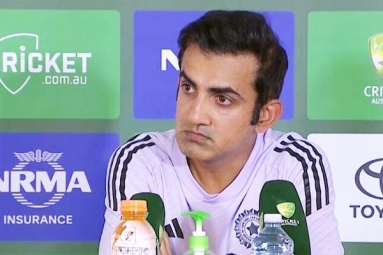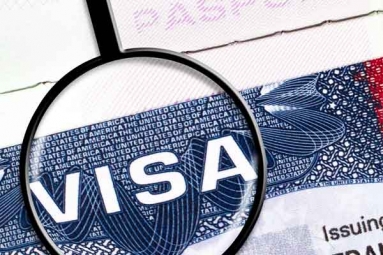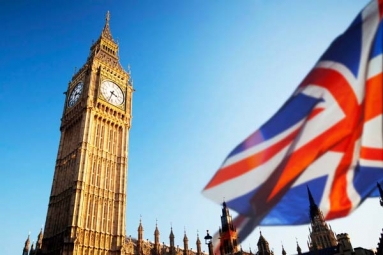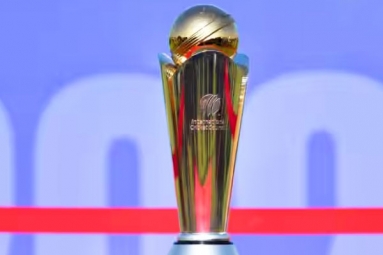
(Image source from: Livemint)
The Indian shrimp is facing a ban threat in the United States, as the Department of State has found that the fishing patterns followed by the country do not obey with the U.S. regulations to save sea turtles.
The ban, if imposed, may adversely affect the Rs. 7,000-crore export of shrimp from Kerala. The Department of State on May 1, 2017, had certified 39 nations and one economy, and acknowledged determinations for seven fisheries, as having satisfactory measures in place to protect sea turtles during the course of commercial shrimp fishing, which permits those countries to export wild-caught shrimp to the country.
However, India does not feature in the list of certified countries. Since India pleaded that the country is observing safe fishing patterns, a team of experts from the U.S. had visited Odisha, where olive ridley sea turtles nest in large numbers. The team is expected to visit Kerala by January 2019, said sources.
The U.S. has implemented a stringent anti-dumping policy to ensure the protection of endangered marine species. As per the norms, the exporter has to furnish details regarding the location from where the fish was caught and the fishing gear used.
If the catch is from outside the territorial waters using illegal, unreported, and unregulated (IUU) fishing practices, the consignment will be rejected. The U.S. law demands the use of Turtle Excluder Devices (TED) in fishing gear to ensure that no turtle is harmed due to the fishing practice.
"There is a threat of a ban in the U.S. on the import of wild shrimp from India. We are trying to convince them that we don't follow destructive fishing practices," said CMFRI principal scientist Sunil Mohamed.
"We have informed the American authorities that we follow safe fishing practices and ensure the protection of the marine ecosystem. Turtles are found mostly in the Bay of Bengal and there is no nesting found on the Western Coast. Besides, a majority of the shrimp exported from Kerala is from the shrimp farms. We expect they will give some relaxation," said Fisheries Deputy Director S Mahesh.
All-Kerala Fishing Boat Operators Association general secretary Joseph Xavier Kalapurakal said Kerala boats have not installed TED as the population of sea turtles is low in the Arabian sea. "We don't follow destructive fishing practices. Even if a turtle is found in the catch, we release it into the sea. We are confident of convincing the American authorities," he said.
With the Fisheries Ministers from southern states set to meet in Kochi on Saturday, fishermen leaders have demanded the issue should be discussed. "The American authorities are bringing in regulations to support their fishing sector. The India Government should take up the matter with the American authorities and find an amicable solution to the problem. If the ban is imposed it will push the fishermen to penury," said Matsya Thozhilali Aikya Vedi president Charles George.
"A major chunk of the export to the U.S. constitutes farmed shrimp and we don't think the ban will have a huge impact. We export wild shrimp worth 253 million dollars to the U.S." said an officer.
-Sowmya Sangam






